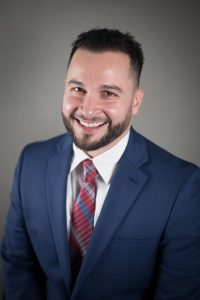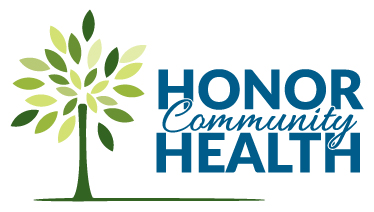Article originally appeared in the Oakland Press on February 17, 2019
Day in and day out, healthcare is one of the hot button issues in our nation. “Can people afford it?” “Why does it cost so much?” “How come other countries don’t seem to have this problem?”
Enter Honor Community Health, an organization established in 2012 to provide top-level care to patients who otherwise might have fallen through the cracks. As a Federally Qualified Health Center (FQHC), grants are received via state and federal government to help serve many of the uninsured or those on Medicaid.
One of Honor’s programs focuses specifically on the care of HIV/AIDS patients. Jehad Najda of Dearborn is the coordinator of that program.
“This started as a pilot program in 2016,” Najda said. “We’re funded through two different sources to provide ambulatory and mental health services to people living with HIV. Our main focus for the program is to get these patients that have already been diagnosed the proper medical care they need.”
Honor receives part of its funding from the state of Michigan. The other source is the Ryan White HIV/AIDS program, a federal program that offers grants to organizations that work to improve health outcomes for these patients.
“We want to give people the best medical care regardless of their income status, regardless of insurance status, if they’re homeless or not homeless,” Najda said. “We want to be a hub for these people with HIV. If there’s a resource that we can provide or a resource we can refer the patient toward, we will do that.”
Honor’s program looks to treat its patients not just for HIV, but also for any mental health issues they are currently experiencing.
“You have to take health care holistically,” Najda said. “In addition to treating the physical body and symptoms, you have to treat mental health, too. Our model here at Honor is of an integrated system combining primary care and mental health services.”
Najda has been working in public health administration for close to seven years since graduating from Central Michigan University with a master’s degree in healthcare.
“I’ve been doing work with the HIV population for a little over two years, and it is very rewarding,” Najda said. “It might be challenging at times to get patients to stay with the plan, keep adherent on their medications.”
“But if you care sincerely from your heart about getting them great medical treatment, you know they are going to keep coming back.”
